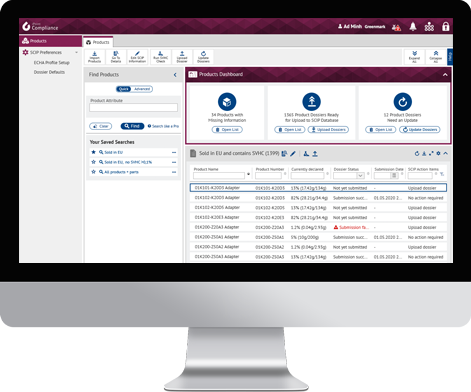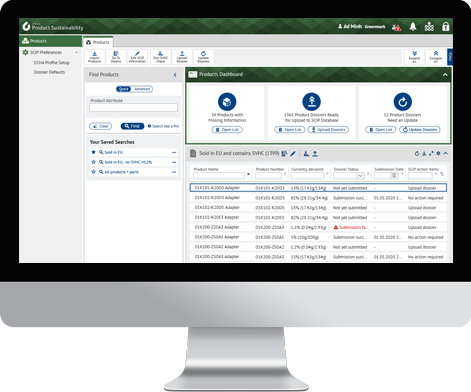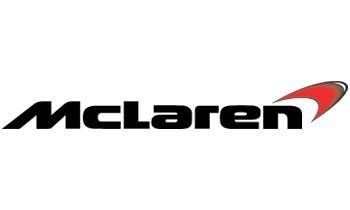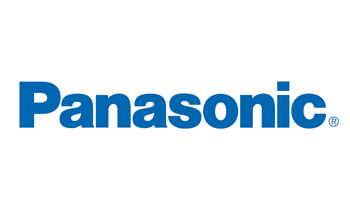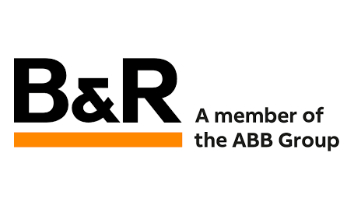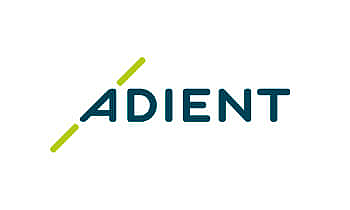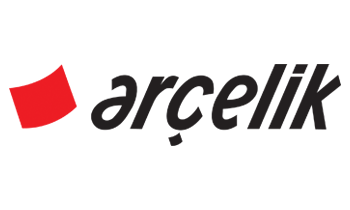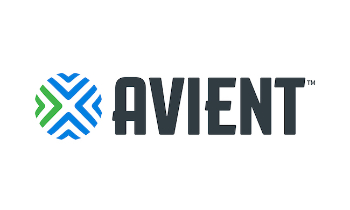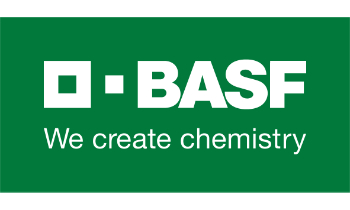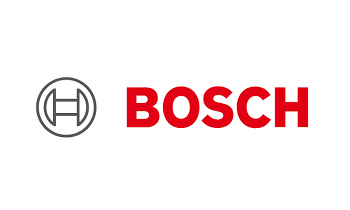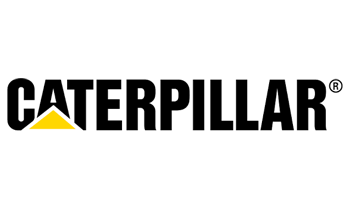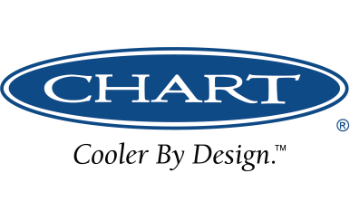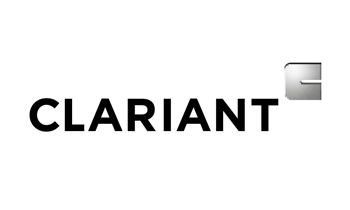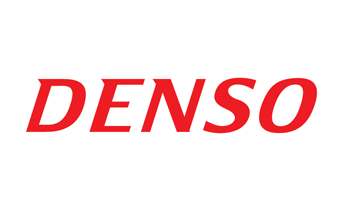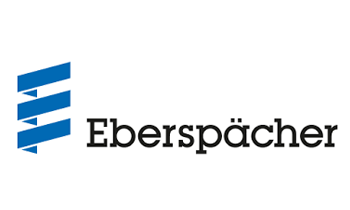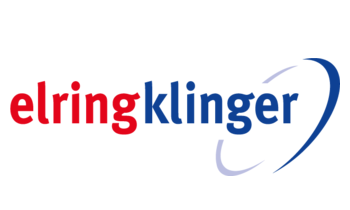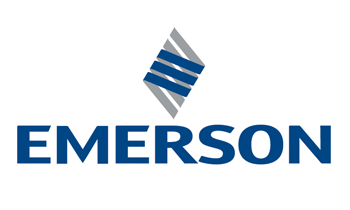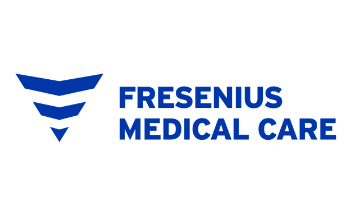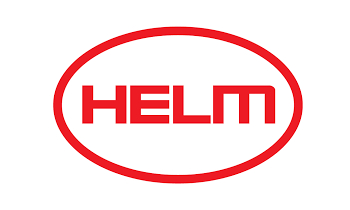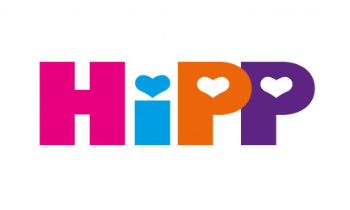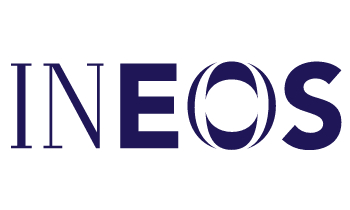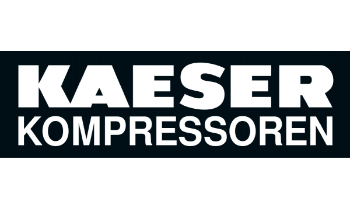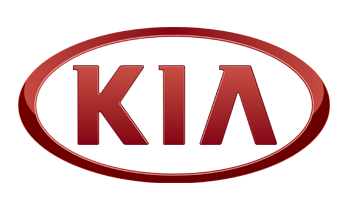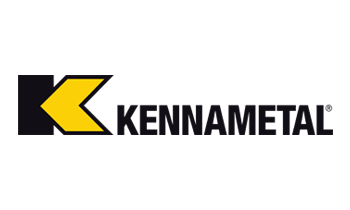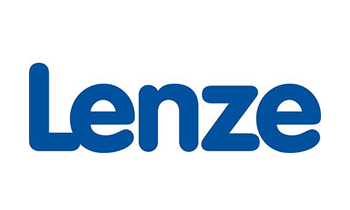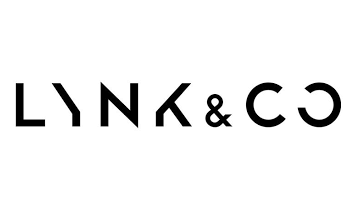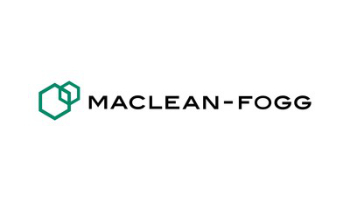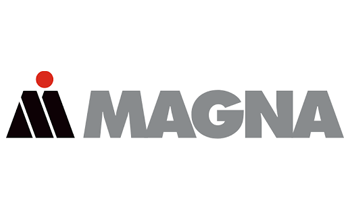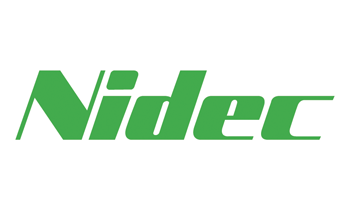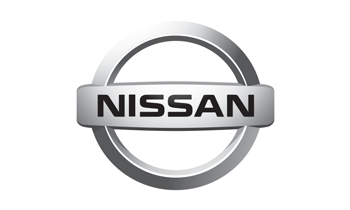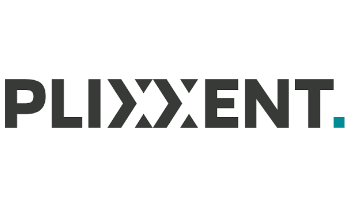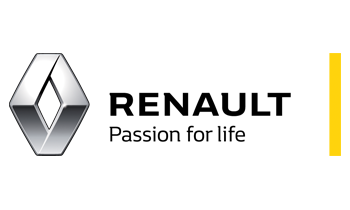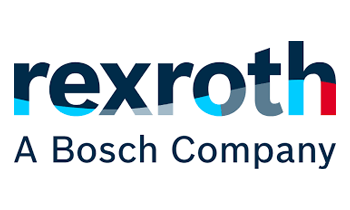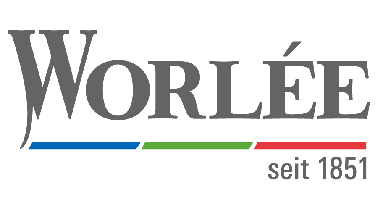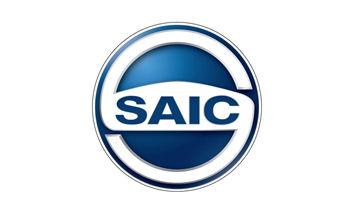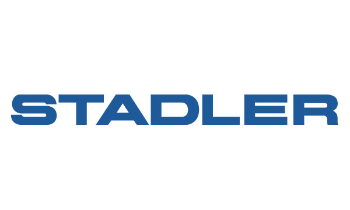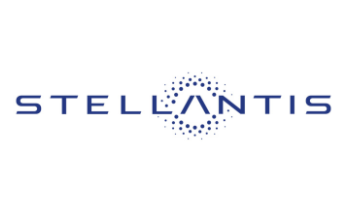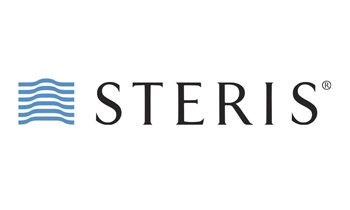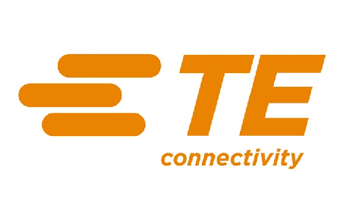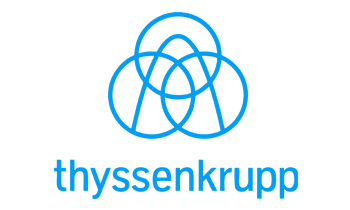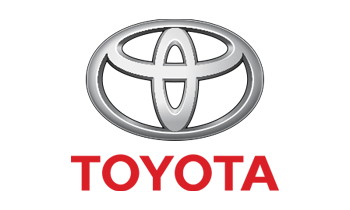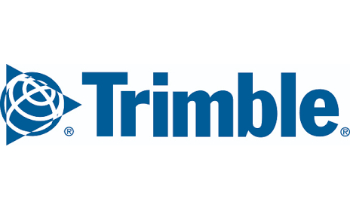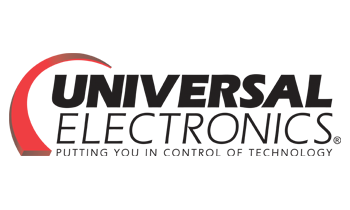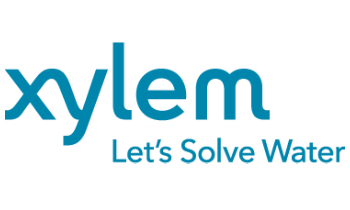Our Design for Sustainability & Compliance Solution
With iPoint’s integrated software solutions, designers and engineers can access and use the relevant compliance and sustainability data in their familiar application environment.
Responsible Design
Together with our partners e.g. MSC Software we deliver a powerful integrated offering for responsible design.
Via iPoint's integration interfaces, data and information on components and materials, substances and mixtures, dangerous goods or toxicology, environmental hazards, use and recycling are aggregated from multiple sources throughout the supply network as well as from company-internal processes and production stages.
Direct Integration in computer-aided engineering software
The direct integration of iPoint Compliance with for example MSC Software’s Material Center 2020 enables robust and immediate environmental compliance checks, provides the unique capability of combining corporate materials management and compliance with the latest information on legislation like REACH and RoHS, and allows comparison of properties of both physical and simulation data.
This enables Material and/or Design Engineer to test and manage proprietary and third-party materials data, and then review those materials from a compliance perspective and on the basis of this frontloading approach, they can make decisions for a more responsible design.

Benefits
Features
Functionalities
Discover the iPoint Suite
What is Design for Sustainability & Compliance - DfE?
Design for Sustainability & Compliance or Design for Environment (DfE) is a collective term for technologies that allow the design of eco-friendly products. The aim: sustainable and compliant products that remain cost-effective and have fewer negative environmental impacts during the entire product life cycle.
Make informed decision at the early stage of designing
In order to make such informed decisions, sustainability and compliance data and criteria from all phases of the product life cycle have to be taken into account at the early stage of designing – from substance data to use-phase aspects and recycling concepts. This data has to be aggregated and made accessible.
Reduce the environmental impact of your product
About 80% of the total costs of a product are already determined in the concept and design phase. This also applies to sustainability: about 80% of the sustainability aspects of a product are already defined before Start of Production. This means that the impact of products on the environment can be significantly reduced by informed decisions in the design stage.
Design for Sustainability & Compliance helps companies check their materials against compliance requirements years earlier than competitors can. Current solutions on the market perform this material check after the parts have already been made and when reporting is required. The combination of the latest technology and the most extensive material databases enables companies to make faster decisions and drive the sustainability of their products
Keep up with the market pace
Considering compliance too late in the design process can delay a product’s release. To help keep up with market pace, companies need an application that can support in all aspects of material testing, product design and compliance, as well as connect the three of them together.
Products are designed to be high performance and high quality, and are expected to be produced faster and cheaper, in addition to the international requirements and customer-specific ones. With so many boxes to check off, it’s vital that materials are checked in the beginning, to avoid repeating the design and requirement meeting process.
Check compliance from various sources early in the design process
Built for material and design engineers, they’re able to test and manage proprietary and third-party materials data, and view those materials from a compliance perspective. Design for Sustainability & Compliance also allows the company’s designated users to check compliance from other data sources, such as part libraries, or from information directly provided by the supplier.



